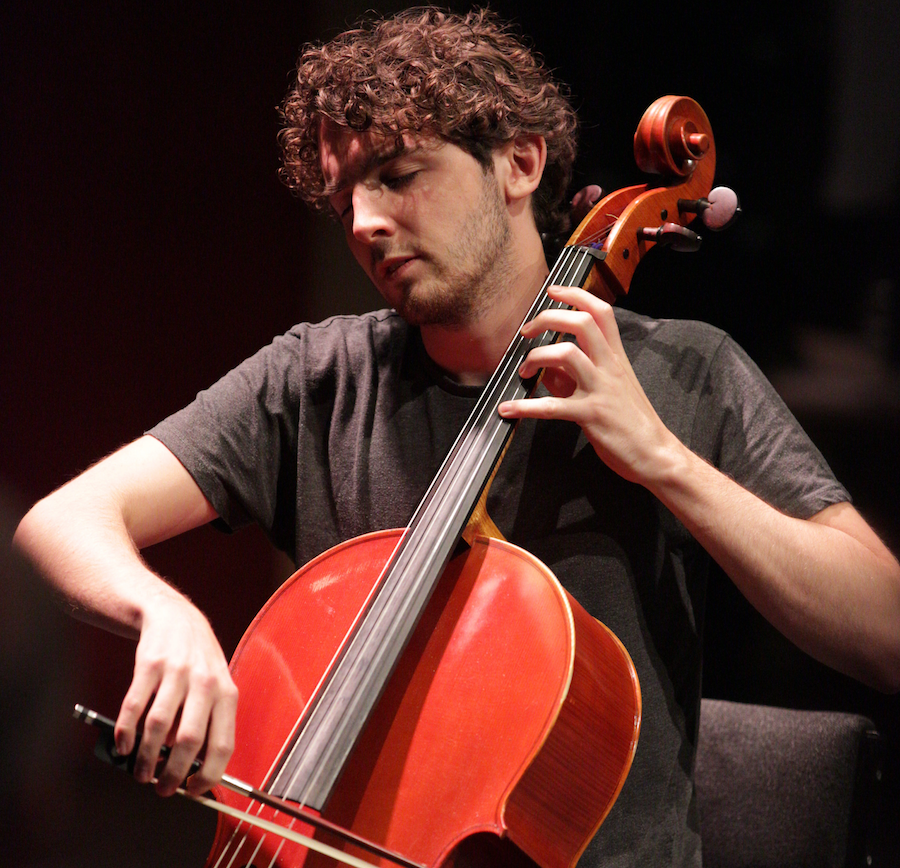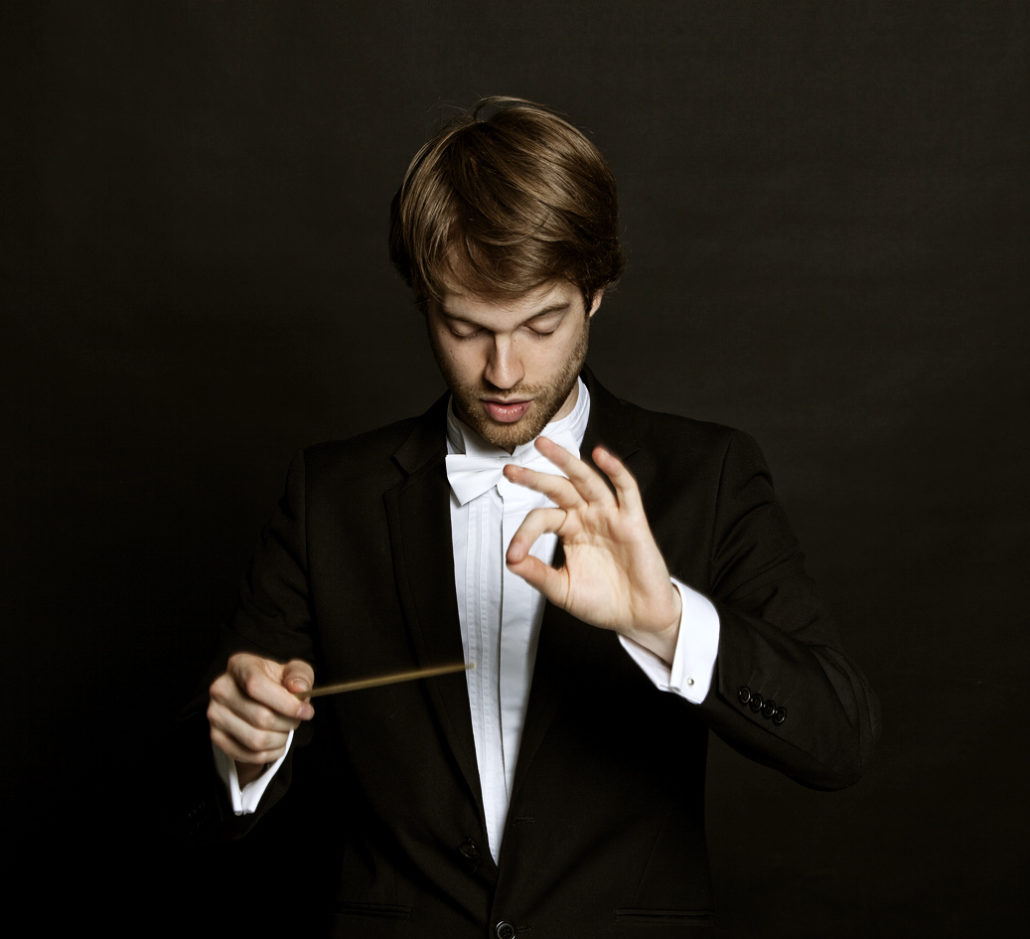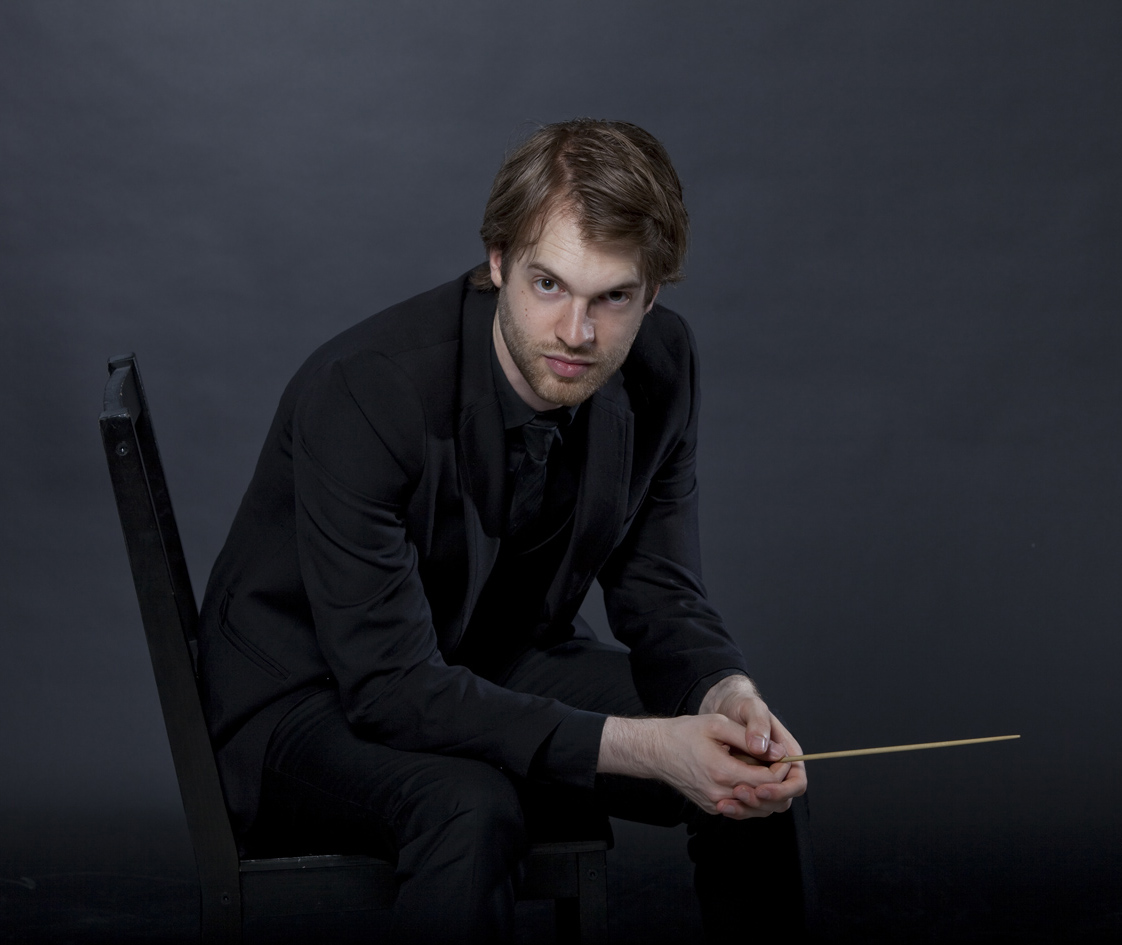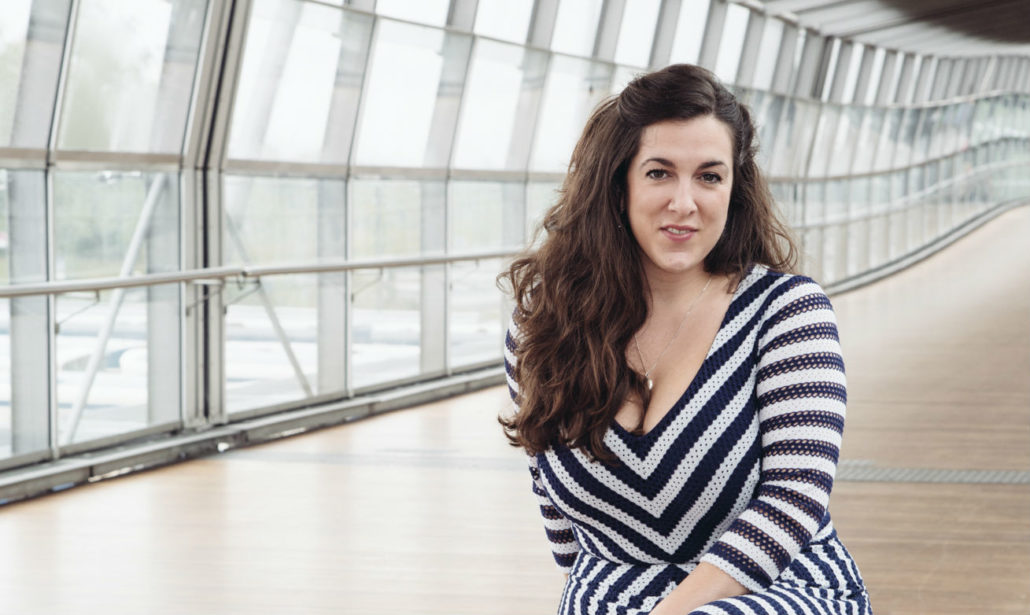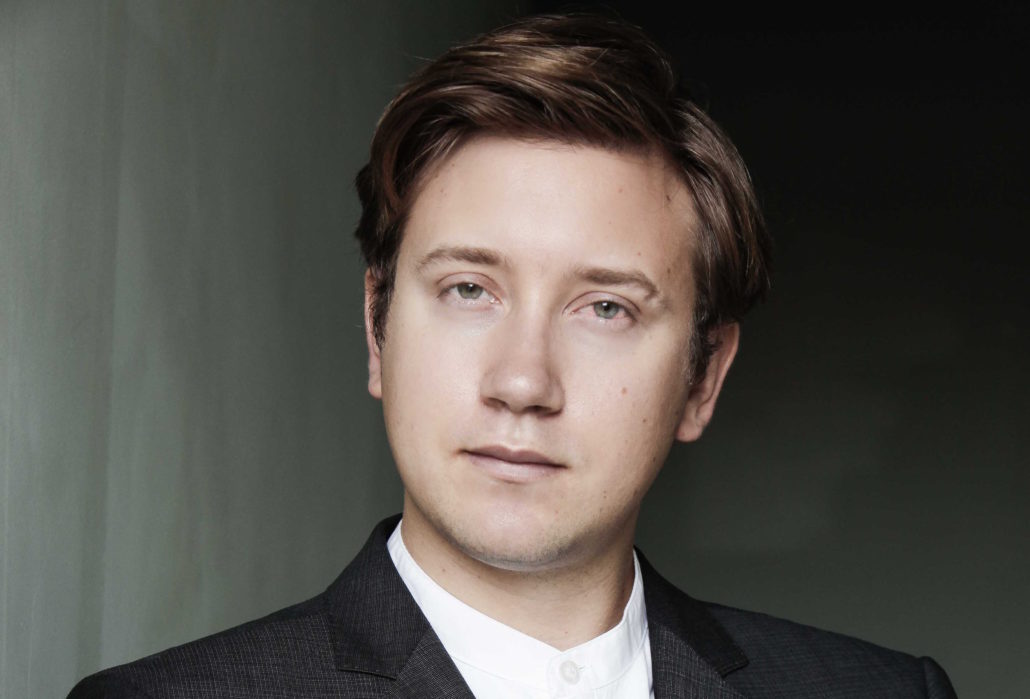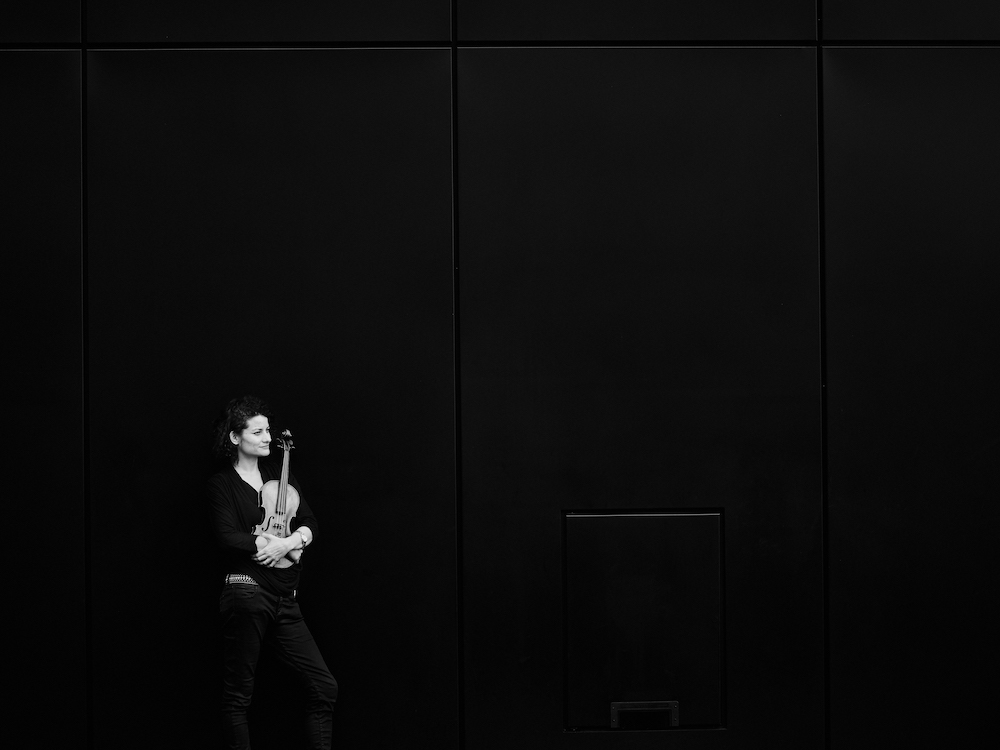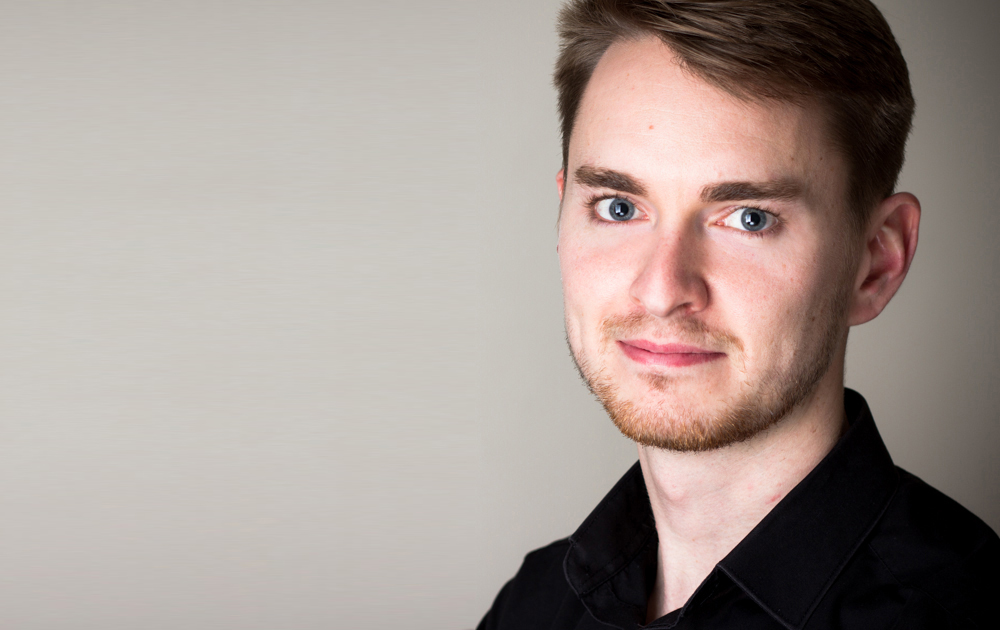Musician of the Month: Phoebe Goddard
Phoebe Goddard’s London Firebird Orchestra debut performance in 2015 was with Beethoven’s 6th symphony with fellow Yehudi Menuhin School alumni, conductor Jonathan Bloxham. We find out more about the career of one of our orchestral musicians…
Can you tell us something about your musical training?
I was a student at the Yehudi Menuhin School for 11 years studying with Natasha Boyarsky and Lutsia Ibragimova. Each year I had lessons with Marina Kesselman from the Tchaikovsky institute in Moscow. Now am in my 3rd year undergraduate at the Royal College of Music studying with Radu Blidar.
How important has the London Firebird Orchestra been to you?
I have suffered an ulnar nerve compression in my left arm that paralysed my ring and little fingers 3 years ago which ended with me needing an operation to fix it to recover to play again. So Firebird was actually my first higher profile orchestra to play with outside the college symphony and philharmonic orchestras since school when I was playing and touring with the YMS string orchestras and ensembles. Since then I have played in Snape Maltings and Royal Festival Hall with the Britten Pears young artists program.
What would you say are some of the highlights of your career to date?
Highlights have been playing with Marin Alsop, and also playing solo lunchtime concerts at St. Martins in the Fields and in the Southbank Centre. Another highlight was a very interesting couple of masterclasses with my quartet from Heinrich Schiff.
And what about your ambitions in the world of music?
My ambition would be to become a concert master of an orchestra. But I also hope to very much continue down the chamber music route at the same time. For me music is to be shared and played with other people. I love both orchestral and chamber music which for me is more important than solo work.
Finally, perhaps you can say something about the value of the London Firebird Orchestra to younger professional musicians like yourself..
I think Firebird is a great experience for a young professional because it is a friendly atmosphere and turns out great results at its concerts. So I always feel like we have achieved something. It is always nice to work with people who all have a common goal and really want to have a great concert, which is very encouraging. Also the projects are usually very focused so it is a good experience to learn repertoire quickly and rehearse it in a professional manner.

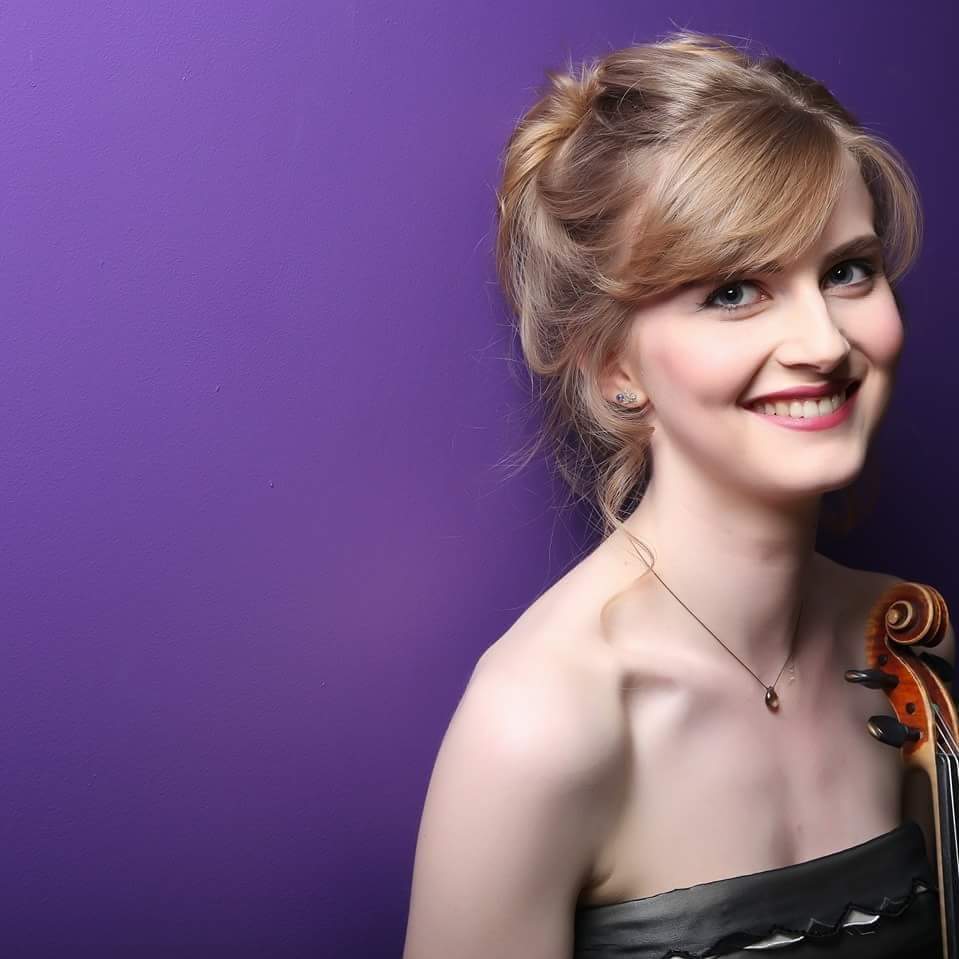
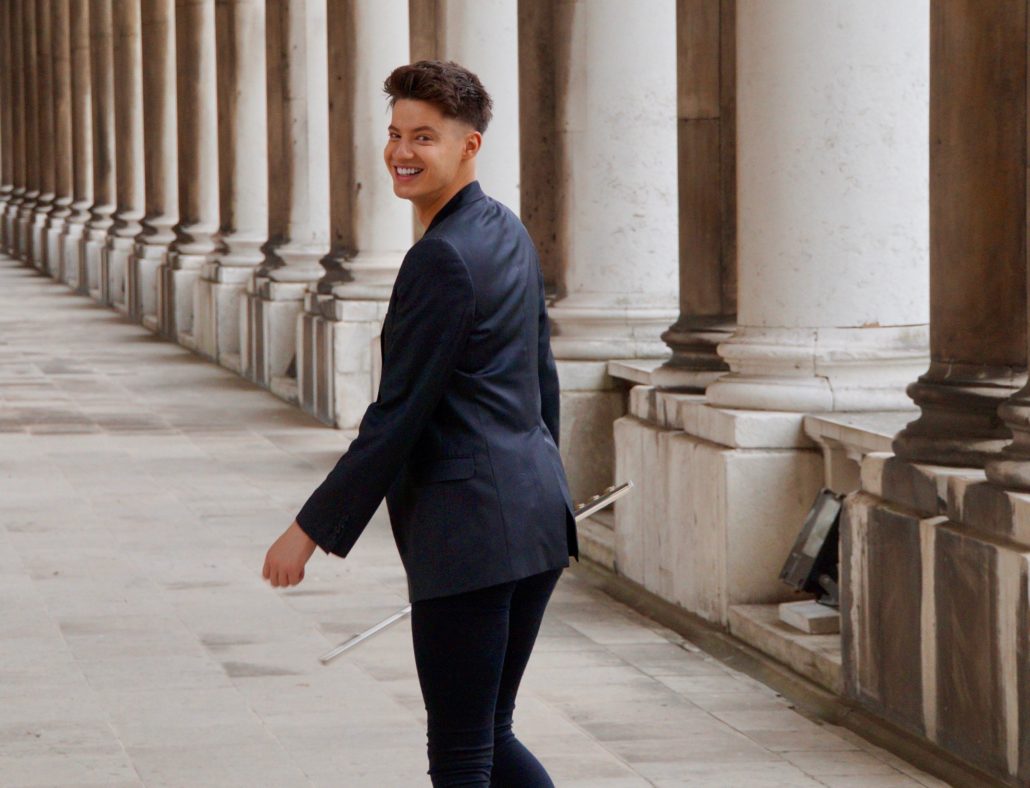


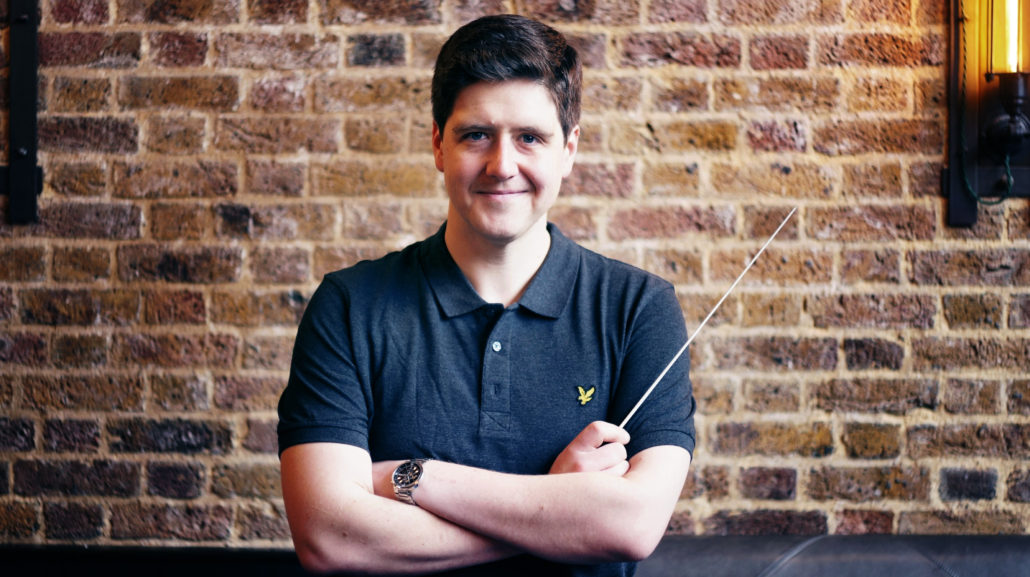

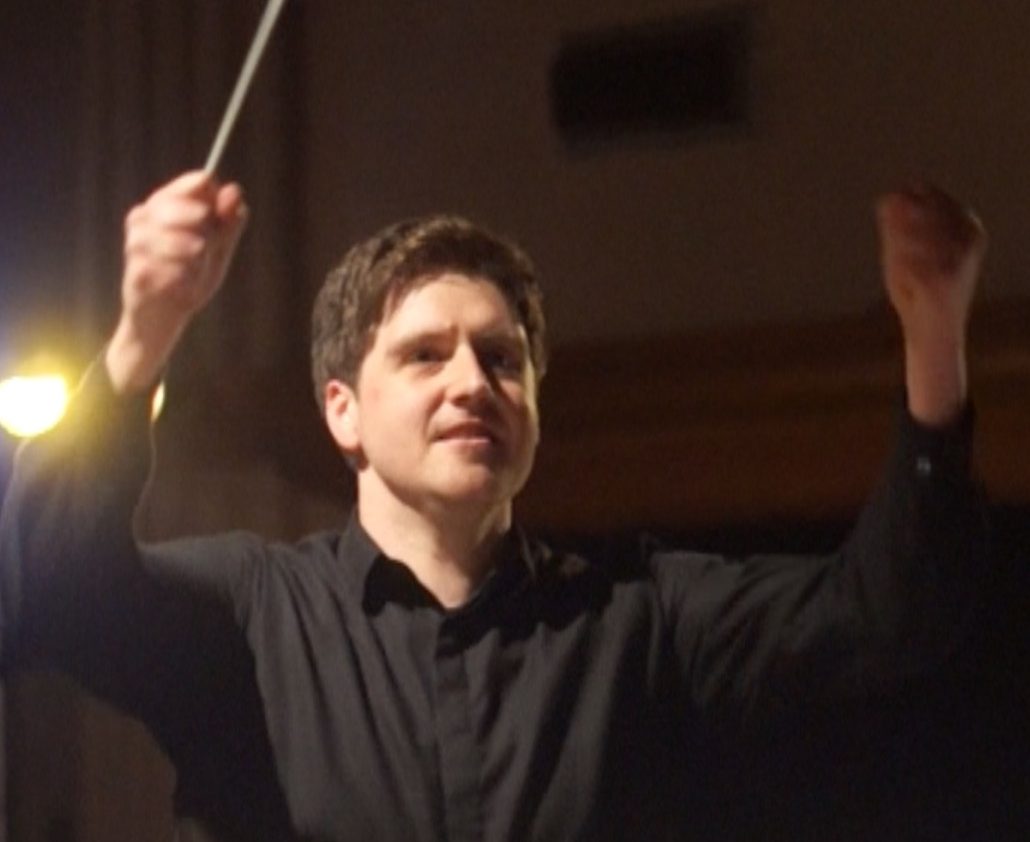
 And what about your future ambition in music?
And what about your future ambition in music?




